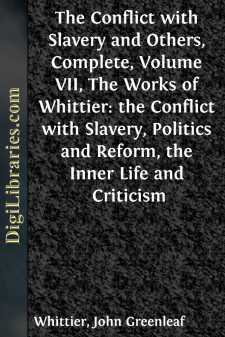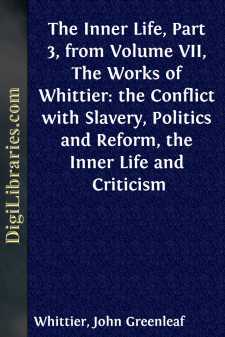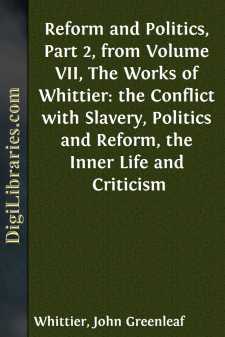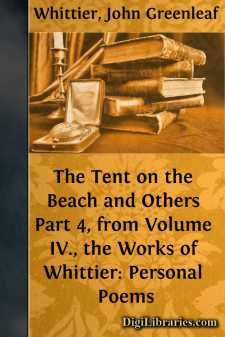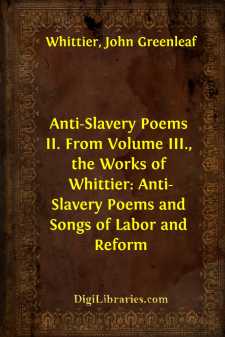Categories
- Antiques & Collectibles 13
- Architecture 36
- Art 48
- Bibles 22
- Biography & Autobiography 816
- Body, Mind & Spirit 145
- Business & Economics 28
- Children's Books 18
- Children's Fiction 14
- Computers 4
- Cooking 94
- Crafts & Hobbies 4
- Drama 346
- Education 58
- Family & Relationships 59
- Fiction 11831
- Foreign Language Study 3
- Games 19
- Gardening 17
- Health & Fitness 34
- History 1378
- House & Home 1
- Humor 147
- Juvenile Fiction 1873
- Juvenile Nonfiction 202
- Language Arts & Disciplines 89
- Law 16
- Literary Collections 686
- Literary Criticism 179
- Mathematics 13
- Medical 41
- Music 40
- Nature 179
- Non-Classifiable 1768
- Performing Arts 7
- Periodicals 1453
- Philosophy 66
- Photography 2
- Poetry 897
- Political Science 203
- Psychology 45
- Reference 154
- Religion 516
- Science 126
- Self-Help 86
- Social Science 82
- Sports & Recreation 34
- Study Aids 3
- Technology & Engineering 59
- Transportation 23
- Travel 463
- True Crime 29
Our website is made possible by displaying online advertisements to our visitors.
Please consider supporting us by disabling your ad blocker.
The Conflict with Slavery and Others, Complete, Volume VII, The Works of Whittier: the Conflict with Slavery, Politics and Reform, the Inner Life and Criticism
Description:
Excerpt
JUSTICE AND EXPEDIENCY
OR, SLAVERY CONSIDERED WITH A VIEW TO ITS RIGHTFUL AND EFFECTUAL REMEDY, ABOLITION.
(1833.)
"There is a law above all the enactments of human codes, the same
throughout the world, the same in all time,—such as it was before
the daring genius of Columbus pierced the night of ages, and opened
to one world the sources of wealth and power and knowledge, to
another all unutterable woes; such as it is at this day: it is the
law written by the finger of God upon the heart of man; and by that
law, unchangeable and eternal while men despise fraud, and loathe
rapine, and abhor blood, they shall reject with indignation the wild
and guilty fantasy that man can hold property in man."
—LORD BROUGHAM.
IT may be inquired of me why I seek to agitate the subject of Slavery in New England, where we all acknowledge it to be an evil. Because such an acknowledgment is not enough on our part. It is doing no more than the slave-master and the slave-trader. "We have found," says James Monroe, in his speech on the subject before the Virginia Convention, "that this evil has preyed upon the very vitals of the Union; and has been prejudicial to all the states in which it has existed." All the states in their several Constitutions and declarations of rights have made a similar statement. And what has been the consequence of this general belief in the evil of human servitude? Has it sapped the foundations of the infamous system? No. Has it decreased the number of its victims? Quite the contrary. Unaccompanied by philanthropic action, it has been in a moral point of view worthless, a thing without vitality, sightless, soulless, dead.
But it may be said that the miserable victims of the system have our sympathies. Sympathy the sympathy of the Priest and the Levite, looking on, and acknowledging, but holding itself aloof from mortal suffering. Can such hollow sympathy reach the broken of heart, and does the blessing of those who are ready to perish answer it? Does it hold back the lash from the slave, or sweeten his bitter bread? One's heart and soul are becoming weary of this sympathy, this heartless mockery of feeling; sick of the common cant of hypocrisy, wreathing the artificial flowers of sentiment over unutterable pollution and unimaginable wrong. It is white-washing the sepulchre to make us forget its horrible deposit. It is scattering flowers around the charnel-house and over the yet festering grave to turn away our thoughts "from the dead men's bones and all uncleanness," the pollution and loathsomeness below.
No! let the truth on this subject, undisguised, naked, terrible as it is, stand out before us. Let us no longer seek to cover it; let us no longer strive to forget it; let us no more dare to palliate it. It is better to meet it here with repentance than at the bar of God. The cry of the oppressed, of the millions who have perished among us as the brute perisheth, shut out from the glad tidings of salvation, has gone there before us, to Him who as a father pitieth all His children....


